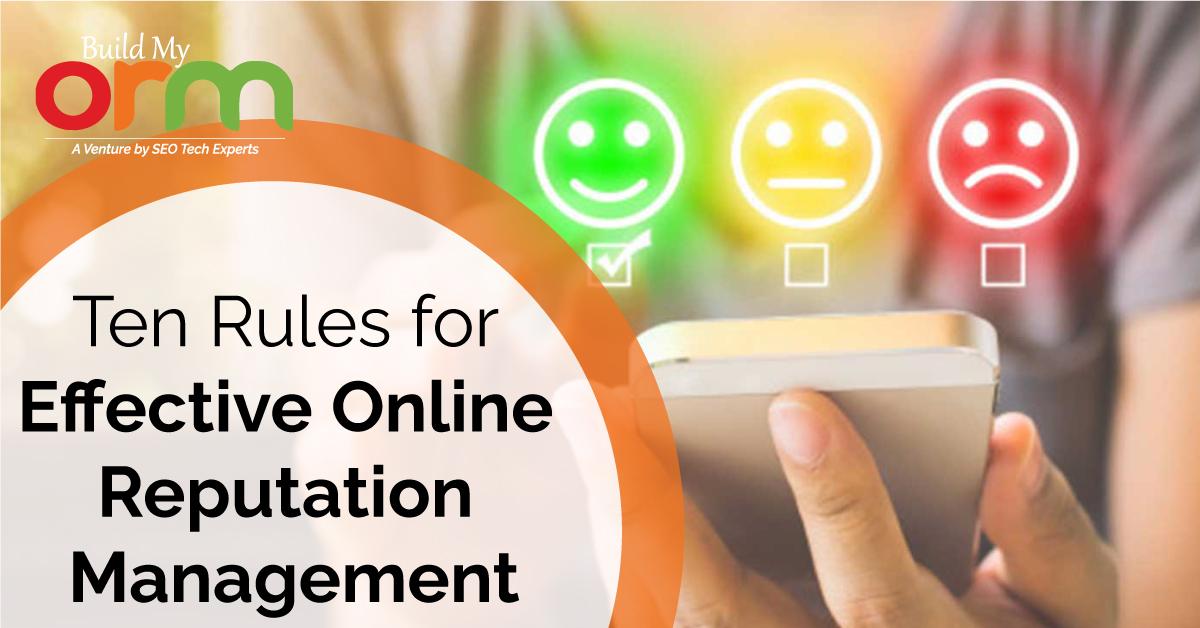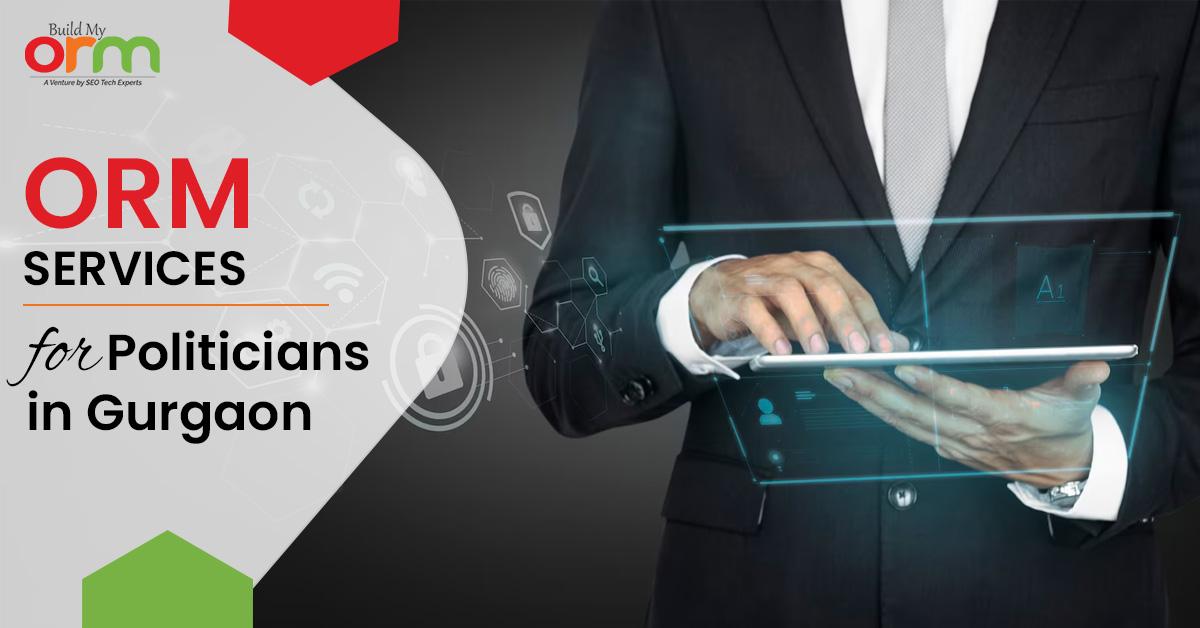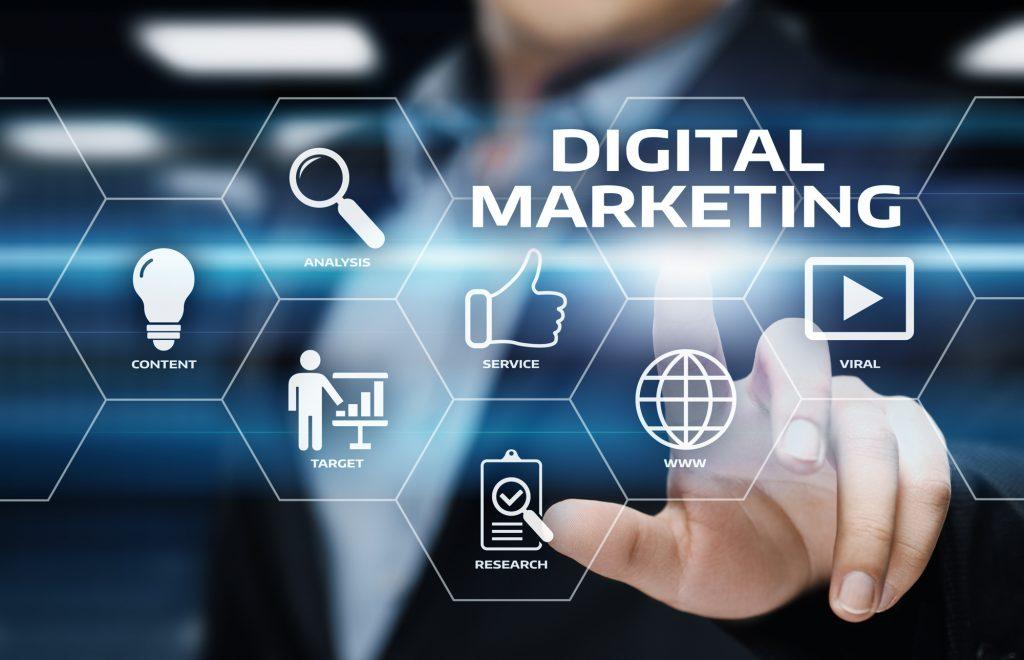Online management of reputation is the key that can unlock the growth of a brand. It is not only about managing the importance of the service.
In this current virtual market, small startups are becoming giant chains. All because of the massive exposure. But the more a company is growing, the more it needs to take care of its reputation. Because the image should only associate itself with positive reactions. Because the audience can notice anyway danger from far away. Which can easily divert them towards the rival companies' sales.
Potential risks are roaming beneath the surface everywhere. There are a lot of departments in a bigger brand. They need regular attention to run smoothly daily.
Ten Rules for Effective Online Reputation Management
Crisis Management
Attracting lousy publicity is no suitable for a brand. Heavy competitors nowadays can create a negative spark. They will also fuel the fire of false information. We all know the internet is not a healthy place when it comes to criticism.
The survival chances of a brand in that smoky environment rapidly decrease. These matters are grave. They should be handled with a solid strategic approach. Image is the face of a business body in the market. Bad publicity can be devastating for this face-off brand. It can create a gap between the company and the customers. Which sometimes cannot be bridged.
This is my scaled online reputation management facility that will come to the rescue. They will not only fill the business. But also helped to elevate its position
Activeness:
Google + Twitter, Quora, and Facebook are some social media platforms that generate significant traffic for the brand.
But to do so, the brand needs to be very active on these platforms. Often some brands create their social media platforms from Instagram to Facebook, Google to Twitter, and even Pinterest to YouTube.
To promote and showcase the brand. But they do not follow up with those accounts. Open Time This can happen with a business run by an individual entrepreneur. They can not squeeze out time on social media platforms. Hence, they miss out on so much audience engagement.
Efficiency:
These are missed out opportunities for potential buyers. All these platforms offer a massive amount of traffic every single day.
In an ocean of other online businesses on these online platforms, brands need to post on these accounts regularly. Because the algorithm only supports regular uploads. Missing it out for even as little as a week can miss up the whole structure of your brand's placement in the algorithm system. Consistent updates will increase customer engagement.
Engagement:
Also, by being active on these online media platforms, brands can directly communicate with the current customers.
They can interact with curious individuals who can then become a potential buyer. This will generate a sense of accessibility. Masses will feel they can communicate with the brand actually whenever they want to. Not just in the dull and old office hours. By updating the social platforms regularly, brands can also promote a lot of information about their business, from new product enlistment to a massive scale in the festive seasons.
Event Update
Some brands even host social events where consumers for interested individuals can physically participate. These events are usually entertaining, engaging, and informative about the brand.
And social media can be the tool for the invitation. Even online activities are happening through social media. Many of them are providing live chat options.
Strategizing:
Reputation management also helps the brand with assuming what could be the need of specific customers.
Therefore, displace the promotion accordingly in the colonial house of these customers. This thinking one step ahead strategy is proven very effective.
It makes the customers pleasantly satisfied, which can end up receiving good reviews. This strategy will persist brands to gain fresh consumers.
Promoter Score:
Their tools can indicate the brand's promoter score. This score indicates how much or how often a customer is suggesting their business to other family members, colleagues, or friends.
Which boils down to the aspect of satisfaction. People will only talk about their brand to another person if they are pleasantly satisfied with that service or product.
Monitoring:
Especially in this fast-moving world where people are always busy. Brands constantly need to be on their toes when it is the question of serving their clients. So, the promoter score will indicate the satisfaction levels throughout the customers or how happy they are with the services.
This score will also monitor how often the customer is coming back for purchase alongside suggesting to others.
Feedback Distribution
Positive or negative online feedback will always impact the brand.
This impact will reflect through the numbers of sales. Most of the new customers will hesitate before choosing the brands services or products in general.
Not because they don't like the brand. But because it is their hard-earned money. They are spending on the products or services of your brand.
Review Sorting:
Imagine if, in this scenario, they come across negative feedback. It will shift their path. They will purchase some other brands' services in your industry.
Just because they have a more sophisticated series of reviews, the customers' expectations will always be high from their frozen brand. Even the online retailing stores have filters that will sort the product list out from highest to lowest.
Most of their analytics are showing that buyers do not prefer to go any lesser than four stars. And 95% of them completely stop looking after three and a half stars.
To build a robust and on-point reputation for your business, it is high time for you to get in touch with an expert. Build Your ORM, is the one-stop destination company that can help you with managing your business’s online reputation seamlessly.



